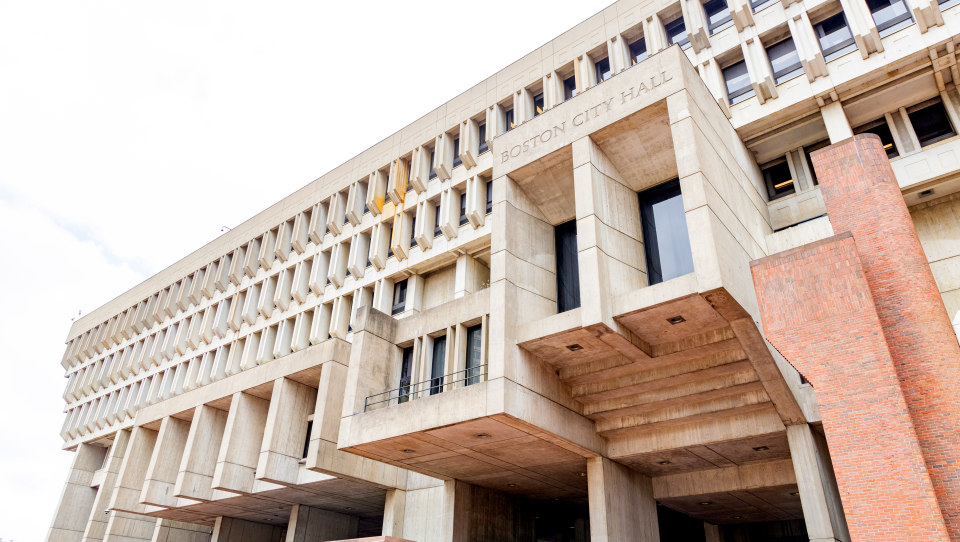In its final meeting of the year, the Boston City Council on Wednesday set the stage to consider a new committee on ethics and approved property tax rates for the upcoming year.
The proposed new ethics committee, offered by South Boston Councilor Ed Flynn, comes as the council faces increased public attention over one of its members facing federal charges in an alleged kickback scheme.
Last week, Roxbury Councilor Tania Fernandes Anderson was arrested and pleaded not guilty to five counts of wire fraud and one count of theft concerning programs that receive federal funds. Fernandes Anderson said she does not plan to resign from her seat, despite calls from the mayor and her council colleagues.
“I think that they should allow, afford, the privilege that everyone has to due process. I’m not taking it personal,” Fernandes Anderson told reporters after stating her intention to hold her seat.
Flynn’s proposed new ethics committee would conduct additional ethics training for council members and their staff, and review potential conflicts of interest within the council.
“We have been placed in positions of public trust, we should demonstrate the highest standards of positive leadership,” said Flynn on the floor. “I believe establishing an ethics committee will provide more oversight and transparency here at the Boston City Council.”
The new committee would also investigate alleged ethics violations. At-Large Councilor Ruthzee Louijeune, the council president, said that responsibility could pose a complication.
“The city councils that I know that have ethics committees are much larger … there’s also an issue of the hens watching the hen house,” she said.
The state ethics commission, Louijeune added, has added two trainings for the council in 2025. Still, the council’s rules committee will hold a hearing to consider the local ethics body in the new year.
A day after leaders in the Massachusetts State House declared Mayor Michelle Wu’s controversial tax plan dead , the council also approved a minimum residential tax rate and a maximum 35% residential property tax exemption for the new year.
Dorchester-Mattapan Councilor Brian Worrell, who leads the council’s Ways and Means Committee, said residential rates were set at $11.58 and commercial at just under $26.
Wu’s plan to temporarily tax commercial properties more than the legal limit stalled in the Senate for a second time this week after state-certified figures revealed that the Wu administration overestimated the impact the standard property tax classification would have on residential property bills.
In an interview on GBH’s Boston Public Radio Wednesday, Wu criticized Beacon Hill lawmakers who declared the proposal dead this week.
Worrell said the council did what it could in light of that declaration.
“I want to applaud the mayor for sticking up for our residents,” he told GBH News after the meeting. “We gave our homeowners the maximum residential exemption allowed by state law … for [this fiscal year], it is about a maximum of $3,984 discount for eligible residential homeowners.”
The council rejected a move by Flynn to add an additional meeting to its work calendar. The council is now set to meet Jan. 8, 2025.





